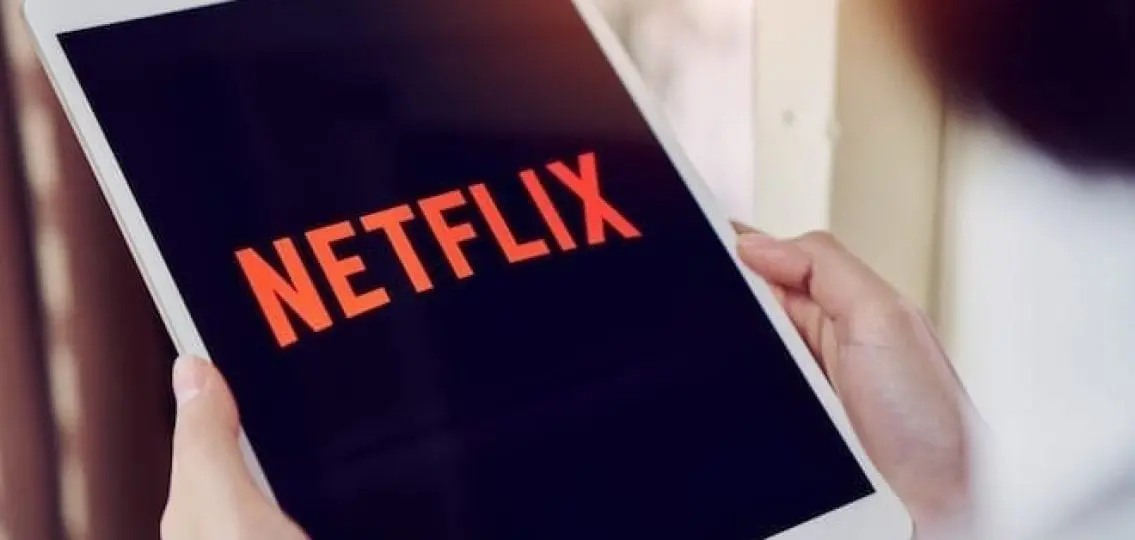Season Two of the popular Netflix series 13 Reasons Why was just released—and I can list about 13 reasons why I’m staying as far away from it as possible. The show follows teenager Clay Jensen while he listens to 13 cassette tapes made by his deceased classmate Hannah Baker. Each tape lists a reason why Hannah chose to died by suicide. They all point fingers at specific people, frequently for one-time incidents of bullying. And more importantly, it leaves the viewer with the impression that no one would have helped Hannah in these incidents or cared about her until she was dead.
The 13 Reasons Why Series
The first season of the show garnered equal support and criticism. Many praise the show for its willingness to discuss such a difficult topic as suicide. I don’t disagree. I think that the show has raised consciousness around many societal taboos that teenagers face today. However, it does so irresponsibly. Despite the warnings of multiple experts, the show proceeded to portray both a rape and suicide on screen. These scenes can be triggering to those who have suffered such traumas and even catalyze a suicide contagion effect. In my opinion, the potential consequences of the show outweigh its benefits.
The part of the show that I take most issue with, though, is its message. Unintended or not, I took away the theme that people will only care about you when you’re dead. The show alternates between flashbacks and present day at Liberty High School. In the flashbacks, Hannah is bullied, shunned, and even turned away by counselors. However, her suicide causes her to be revered by her classmates. They decorate her locker and attempt to exact justice by punishing the people she accuses in her tapes. Teenagers watching this show may assume that no one will help them while they are alive. 13 Reasons Why paints suicide as a solution to their issues, and in the case of Hannah, the only way out.
Why It’s Toxic
Perhaps my own struggles with depression are why the show left such a bad taste in my mouth. Like Hannah, I have had my own ups and downs, and high school was not an easy time for me. However, I would not be doing as well as I am today if it had not been for my support system. Everyone I reached out to—my parents, teachers, counselors, and friends—made an effort to be understanding and help me. While it would be naïve to assume that everyone everywhere will have the same knowledge and compassion towards mental illness, I genuinely feel that most people will make an effort to help you if you are struggling. 13 Reasons Why depicts asking for help as a lost cause when that couldn’t be further from the truth. In my opinion, that message is the crux of what makes the show so toxic.
Season Two does attempt to remedy the stigma around asking for help. Hannah’s parents find her posthumous list of “13 reasons why not,” and her classmates come forward to prove that maybe there are two sides to every story. However, I feel that it comes a day late and a dollar short. There is no reason why the show couldn’t have done these things in its first season. 13 Reasons Why had the potential to discuss mental illness and bullying without broadcasting the message that suicide is some people’s only hope. Instead, it took advantage of these taboo topics for shock value and ratings.
A show that misappropriates suicide, no matter how hard it tries to remedy its mistakes, has no respectable place in our discussion of mental illness.




